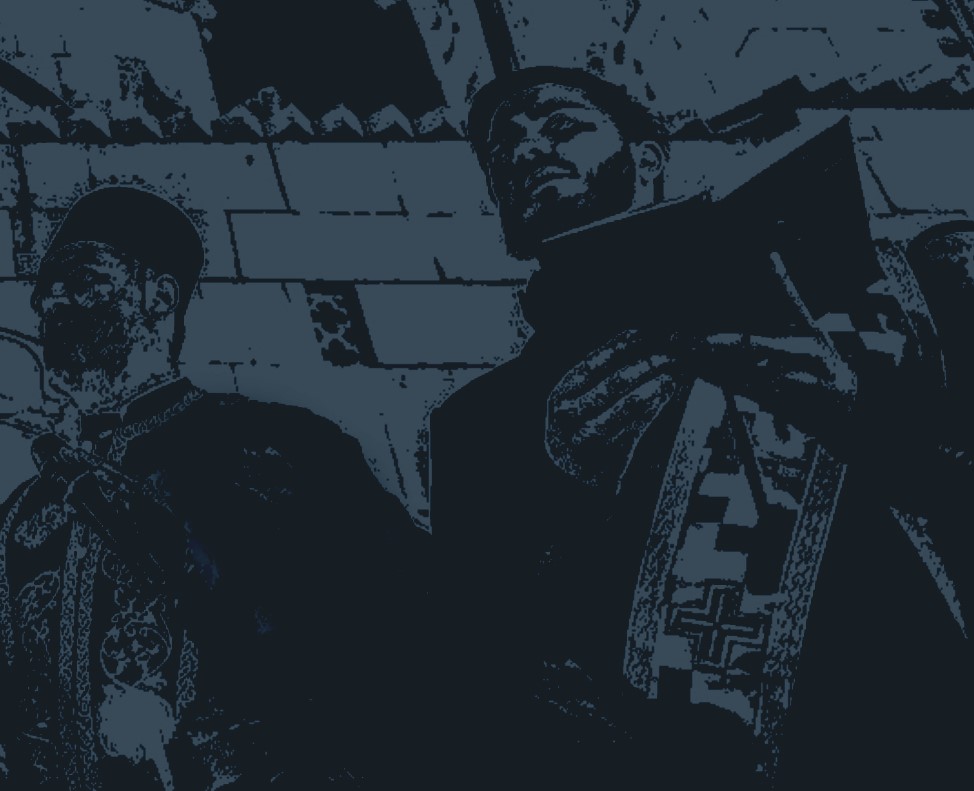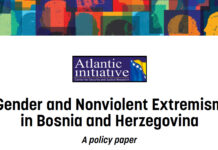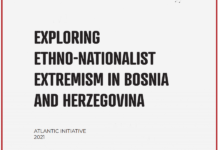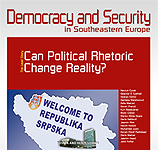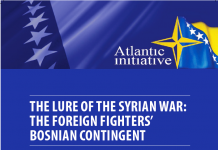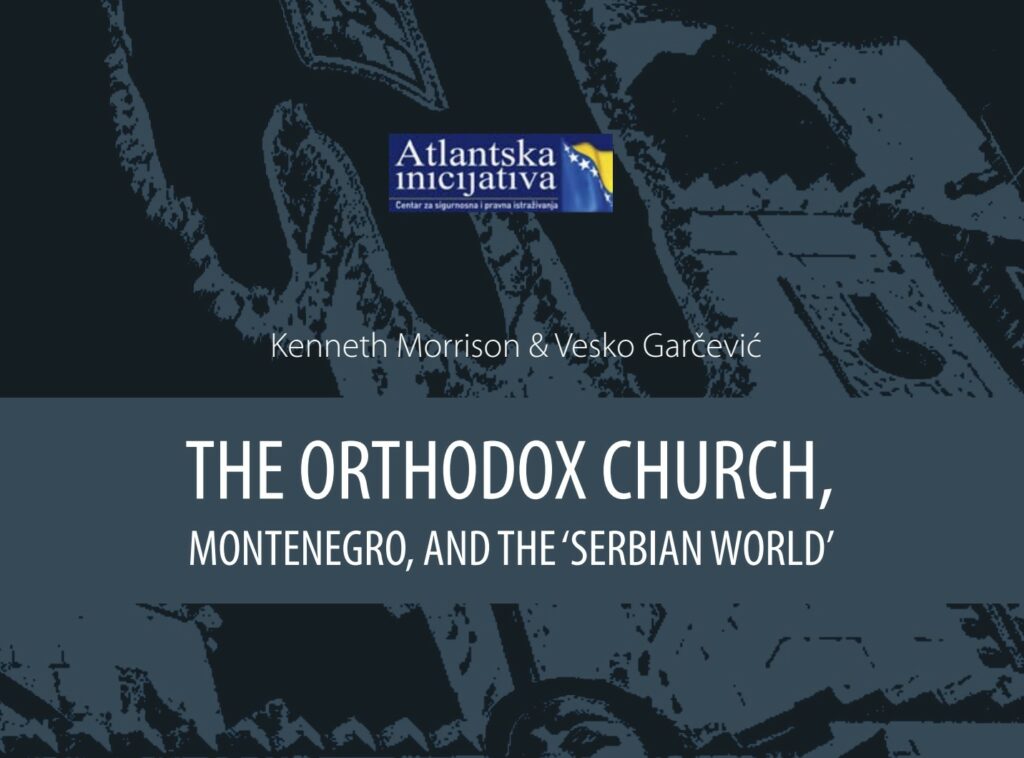
According to the reviewer Izabela Kisić the value of this policy paper lies in the fact that the authors take into account the internal socio-political context that the Serbian Orthodox Church (SOC) managed to capitalize on for its goals. However, this work shows that the Serbian Orthodox Church is not exclusively an instrument of “soft power”, but it shows that SOC in the region supports and even coordinates activities of Serbian organizations that advocate stronger ties with Russia and Russian organizations in Serbia. Also, this study, on the Serbian Orthodox Church, as an instrument of the Kremlin, has special significance in the context of Russia’s aggression against Ukraine.
According to the second reviewer prof. dr. Dino Abazović, authors Morrison and Garcevic vividly showed that the ‘religious nationalism of individual theologians and priests of the Serbian Orthodox Church became fully pronounced not only in the 1980s and 1990s, during the period of wars, but well after it, including present time.’ Furthermore, due to its due to its consistency and appropriate evaluation of the developing situation in Montenegro prof. Abazović highly recommends this publication to various public, academia and media professionals alike.
You can read the publication at this link.
About authors:
Kenneth Morrison is Professor of History and Research Theme Director at De Montfort University and a Research Associate at the London School of Economics and Political Science (LSE). He is the author of six books and numerous articles and book chapters focusing on the modern history and politics of the Western Balkans, including ‘Nationalism, Identity and Statehood in Post-Yugoslav Montenegro’. He was previously Specialist Adviser to the House of Lords International Relations Committee for their ‘UK and the Future of the Western Balkans’ inquiry.
Ambassador Vesko Garčević is Professor of the Practice of International Relations at the Frederick Pardee School of Global Studies, Boston University. During his diplomatic career, he occupied many important positions, including the position of Montenegrin National Coordinator for NATO and Montenegrin Ambassador to both NATO and the Organization for Security and Cooperation in Europe (OSCE). Garčević has testified before the US Senate Select Committee on Intelligence and the European Parliament on Russian interference in the Western Balkans. He has authored several papers about Russian and Chinese influence, as well as the role of the Orthodox Church in the region.


